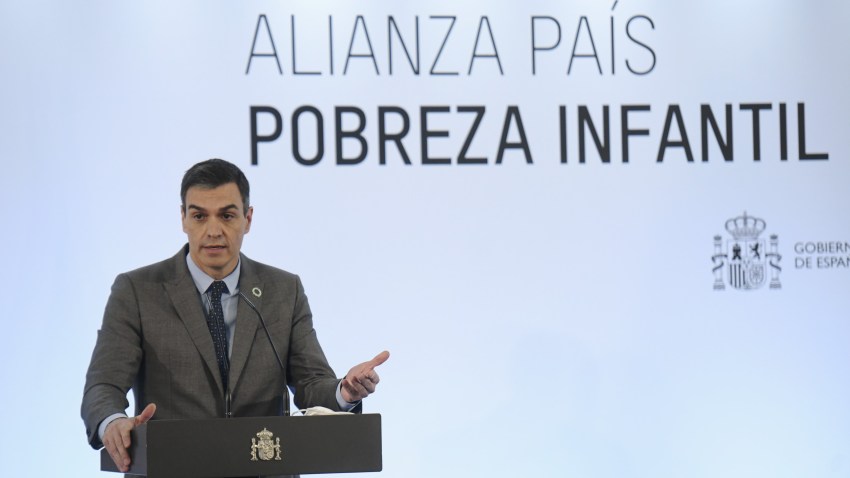Spain is often lauded for being a great place to raise children, and it was even ranked No. 1 by UNICEF in a 2022 report card of the world’s most affluent countries for “environmental conditions that affect children’s well-being.” But the agency’s latest report card on child poverty among those countries, released in December, shows a much less rosy picture. Spain sat near the bottom of the list, with more than 1 in 4 children living in poverty.
The contrast with Slovenia, which made the most significant reduction in its child poverty rate, is remarkable. Despite sharing similar economic indicators, Spain was only able to reduce child poverty by 4 percent, for a current rate of 28 percent, since the agency’s last similar report in 2014. By contrast, during that same period, Slovenia brought its rate of child poverty down by 31.5 percent, to 10 percent.
UNICEF points to four groupings of policies that make the difference for getting and keeping children out of poverty. The first of these is providing access to basic services for families with children, such as child care and education. The second centers around employment and creating jobs that pay a living wage and offer benefits like paid parental leave. A third area consists of social protection policies, such as cash benefits, that supplement household income and play a critical role in reducing child poverty. And finally, the report emphasizes that these policies must target at-risk populations such as minority groups and single-parent households.

